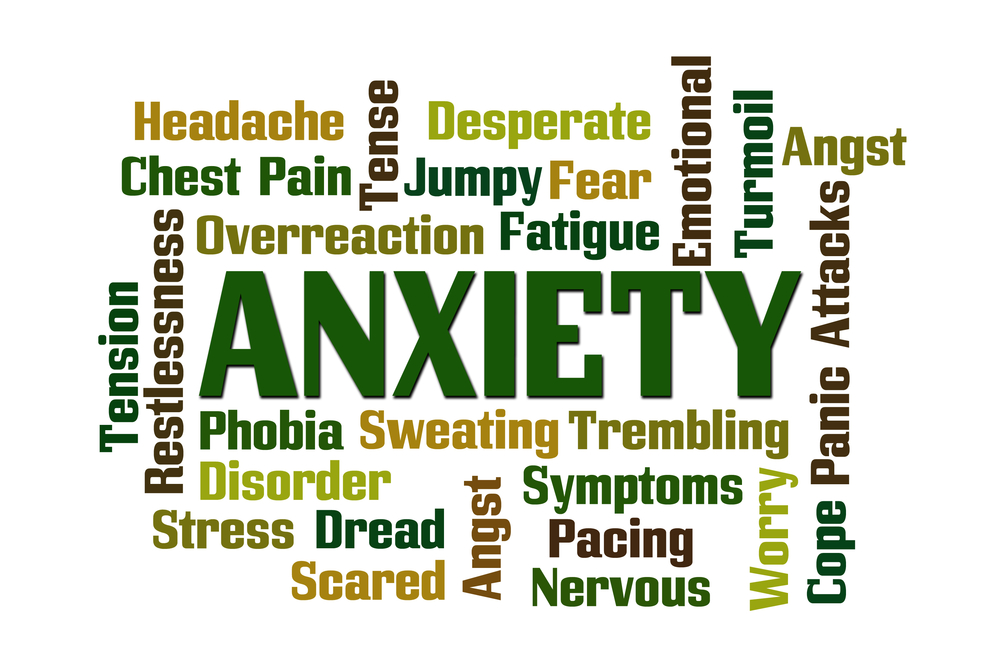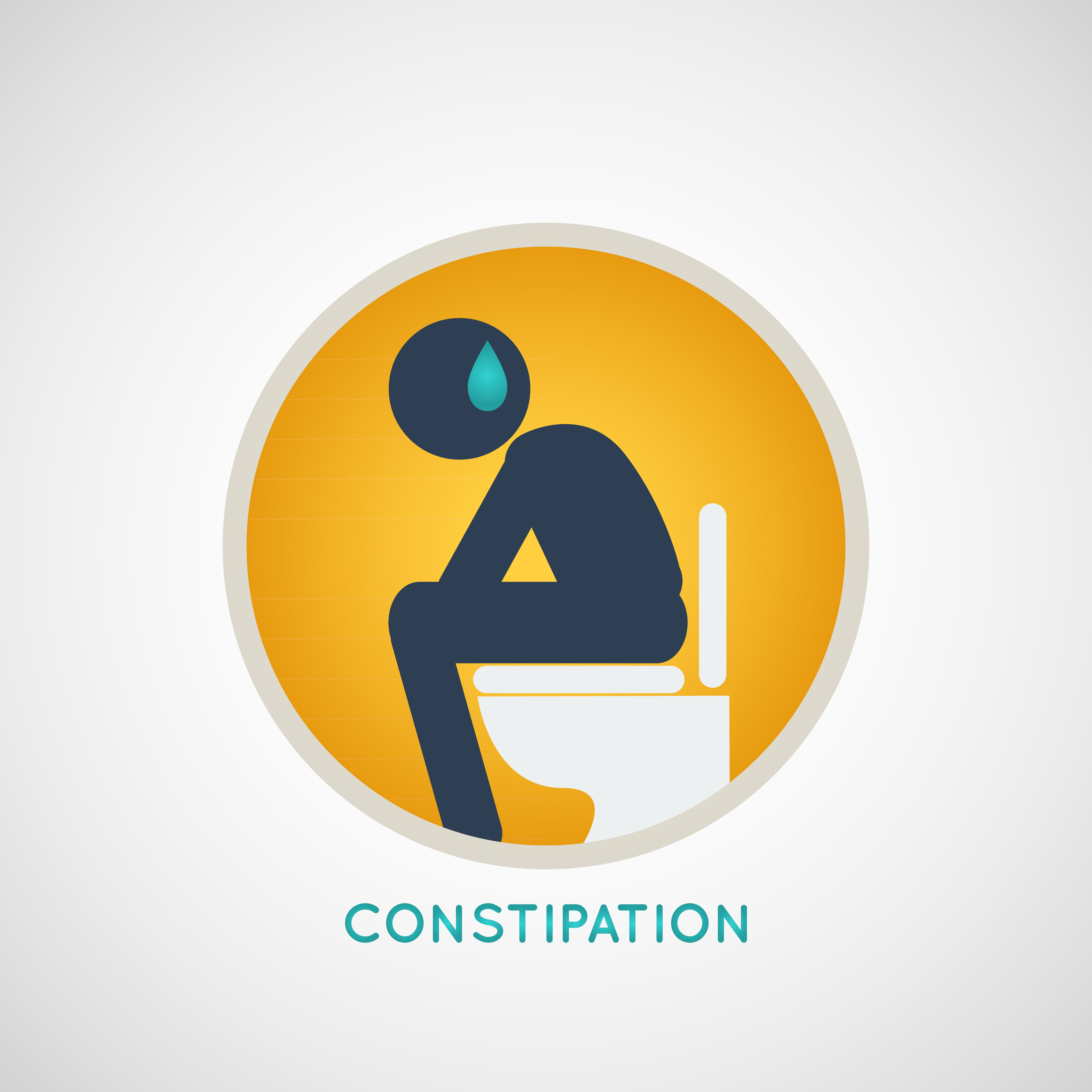Anxiety is the body’s natural response to danger or threat when you feel threatened or are facing a stressful situation. There are various points in life when people feel anxious, and it’s pretty common. When you face a challenging situation, like a job interview or a tough exam, you feel anxious. In moderation, anxiety isn’t a bad thing. It helps you stay alert and focused and also motivates you to solve problems. But when anxiety interferes with your daily life, then you may need the help of a doctor as the situation may be an anxiety disorder.
Researchers have proved there is no exact reason for anxiety. But they have somehow described stress caused by the mental and physical condition, the effects of various drugs or a combination of these.
Signs and Symptoms of Anxiety:
Anxiety disorder is a group of conditions that vary from person to person. For example, an individual may suffer anxiety attacks that strike without any warning, whereas another may struggle with a fear of driving or uncontrollable thoughts. While another person may live in a state of tension, worrying about everything. Apart from primary symptoms of excessive fear and worry, there are emotional symptoms of anxiety include:
- Trouble concentrating
- Feeling tense and jumpy
- Anticipating the worst
- Irritability
- Restlessness
- Feeling like your mind’s gone blank
Also read: How to Get an Instant Relief from Day to Day Stress?
Anxiety is more than feeling, as it involves a range of physical symptoms. There are physical symptoms of anxiety, and these include the following:
- Sweating
- Shortness of breath
- Pounding heart
- Stomach upset or dizziness
- Tremors and twitches
- Frequent urination or diarrhea
- Muscle tension
- Headaches
- Fatigue
- Insomnia
Types of Anxiety Disorders:
There are various types of anxiety disorders, and each has their symptom profile. These include the following:
- Panic disorder-People suffering from panic disorders experience feelings of terror that may strike suddenly and repeatedly without any warning. Symptoms of panic attacks include sweating, irregular heartbeats, chest pain, and a feeling of choking.
- Phobia-People suffering from specific phobias sometimes experiences an unrealistic or exaggerated fear of a particular object, activity, or situation. Some of the common phobias include fear of animals like snakes and spiders, fear of flying, and fear of heights.
- Obsessive-compulsive disorder-In this type of anxiety disorder you may experience unwanted thoughts or behaviors that seem impossible to control. Obsessive-compulsive disorder symptoms include continuously washing your hands over and over and turning off the oven that might hurt someone.
- Social anxiety disorder- People suffering from social anxiety disorder feel self-conscious about everyday social situations. In this disorder, people may often worry or have a fear of being judged by others. Moreover, in some situations, people behave in such a way that might cause embarrassment or lead to ridicule.
Also read: Types of Eating Disorders
Diagnosis and treatment of anxiety disorder:
If the symptoms of an anxiety disorder persist, then your doctor will begin an examination by asking you questions about your medical history. He/she may also perform some physical exams to diagnose the exact condition, but your doctor will not perform any lab tests to diagnose anxiety disorders. On the basis of diagnosing the reports, your doctor will recommend treatment for anxiety disorder.
Your doctor may start anxiety disorder treatment by using one or a combination of the following therapies:
- Non-medication treatment-This includes counseling and management sessions. Counseling may help people suffering from generalized anxiety disorders by focusing on solving their problems. Management course involves learning how to relax, coping strategies and group support.
- Medication-Escitalopram and Sertraline are the Selective Serotonin Reuptake Inhibitor (SSRI) antidepressant drugs commonly used to treat anxiety disorders. Anti-depressants are widely recommended by the doctors as these works by interfering with brain chemicals (neurotransmitters) that may be involved in causing anxiety symptoms.
- Cognitive-behavioral therapy-In this treatment process, the person learns to recognize thought patterns and behaviors that lead to troublesome feelings.
General tips to deal with anxiety
Mind:
- Give your 100%
- Accept the truth that you cannot control everything
- Be positive
- Stay away from what triggers your anxiety
Body:
- Eat a balanced diet
- Limit the consumption of alcohol and caffeine
- Take 7 to 8 hour of sleep
- Stick with regular exercise
Action:
- Take time for yourself, give your hobbies some time
- When feeling stressed, take deep breaths
- Talk to your family and friends
- If you are struggling with anxiety, talk to a physician or a therapist for professional help.
Also read: Sleep Apnea
Conclusion:
There is a variety of medications that are widely used in anxiety disorder treatment. But medications work effectively only when combined with behavioral therapy and self-help strategies.





